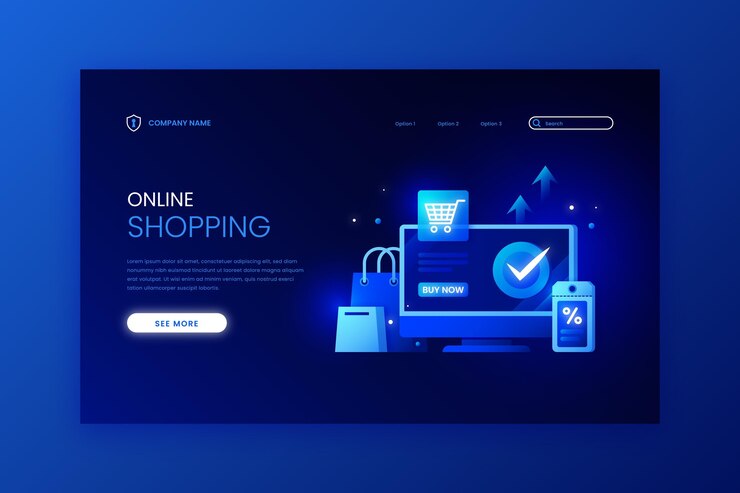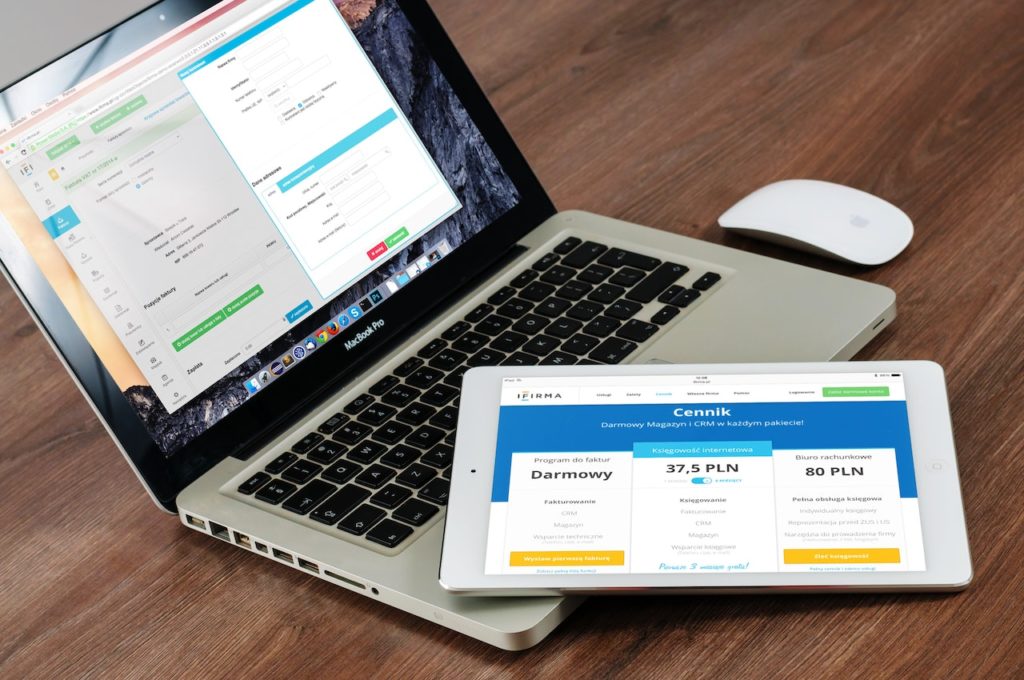What if I told you that the estimate of e-commerce sales for the First Quarter of 2022 was $250.0 Billion? Don’t believe me? Well you better, because that’s what the Census Bureau of the Department of Commerce says!
Just imagine making that much money from e-commerce alone! Sounds unreal, huh? Fear not, it can easily become reality.
How can you do it? The first and most crucial step is to choose the right e-commerce platform.
Unfortunately, this is the very step, where the majority of people mess up.
Choosing the right platform can be a tricky process! But we are here to help! Make sure to never make these mistakes, if you don’t want your business to be a total flop!

1. Not making healthy investments (You gotta spend some money!):
Here is the thing (this might give a mini heart attack to many budding business owners), cheaper doesn’t always mean better! Sometimes, you have to spend some extra cash, to make the most out of your business!
Cutting off your costs also means cutting off some key features like SEO and analytics! Platforms like Shopify and WooCommerce have launched thousands of businesses from the ground up! For instance we have Haus and Negative from Shopify, Technopat and BuddyBoss from Woocommerce!
And if you wish to go that extra mile, you can even go for custom web development.
These options might cost a little bit more but you will undoubtedly get the most comprehensive and secure features to build an impactful online store!
Here is a word of advice!
If you go for the cheaper alternatives you might end up spending most of your money (that you intended to save) in fixing basic and easily avoidable problems. So invest accordingly!
2. Picking an unreliable host provider (scammers are your worst enemy):
Every online store needs a web host. You literally cannot function without it! But you gotta proceed with caution when picking a host provider!
Why?
Because not all hosting providers are good, in fact most of those you find on the internet are frauds, who will sweet talk you into an ill-conspired scam!
So don’t just google ‘Cheap hosting provider’ and click on the first name that pops up!
Do your homework – research is key!
Don’t get overwhelmed by the word ‘research’. You’re not writing a Phd thesis, finding reliable sources is as simple as watching relevant Youtube videos and reaching out to experts on trusted social media sites like LinkedIn. (emphasis on RELEVANT and TRUSTED).
I am not exaggerating when I say that your web host can make or break your business! Be wary and wise!
Here are our recommendations for best hosting providers:
- A2 Hosting – Best page speed
- SiteGround – Best for ecommerce features
- HostGator – Best for uptime
- Bluehost – Best for help and support
- DreamHost – Best for beginners
3 Not taking the CMS into consideration
In order to attract and retain customers, you need to provide them with a seamless user experience on your website. Now, here is the thing, having an aesthetic design and an easy to navigate template, will definitely do the job, but only half of it. The other half is quite crucial, yet most rookie business owners fail to consider it.What is this other half exactly? An effective Content Management System (CMS for short).
With a CMS, you can create, manage, modify, and publish content in a user-friendly interface. Moreover, you can have multiple users working in the back-end of the same tool — and much more. With a CMS you have creative control and can easily make changes to text, audio, video, and almost every aspect of your content really! So do not compromise and opt for a platform with an efficient and collaborative CMS! Platforms like Shopify, WooCommerce, Laravel and WordPress are at the top of the game when it comes to their Content Management Systems.


4 Not utilizing a Scalable platform (you gotta be prepared for heavy traffic):
SCALE YOUR WEBSITE.
Let me explain,
Scaling your website allows it to support any traffic load. Unfortunately, when it comes to scaling, most e-commerce business owners make a fatal mistake- they start thinking of a scaling strategy only after their website goes down due to excess traffic! Now that is a big no-no. So you have gotta start thinking of a scaling strategy right now, because you never know when you hit the jackpot!
The first step in that direction is to choose a scalable platform. Don’t think small, when it comes to your e-commerce business, it is all about ‘GO BIG OR GO HOME!’ Think about the growth of your business and this will help you in both choosing a scalable platform and managing your project in the future .
Here are some recommendations for scalable platforms you can build your website on :
- Shopify for easy scalability
- Azure and AWS if you are using custom web development
- WordPress (be sure to have a good host)
5. Limiting your customizability
- Shopify for it’s huge collection of themes and extensions
- Woocommerce for it’s plugins and extensions
- Custom web development for over all customizability
Conclusion :
- Explore further: To steer clear of common mistakes when choosing your next e-commerce platform, our blog post on Shopify or WooCommerce which is the better platform? provides valuable insights and recommendations.